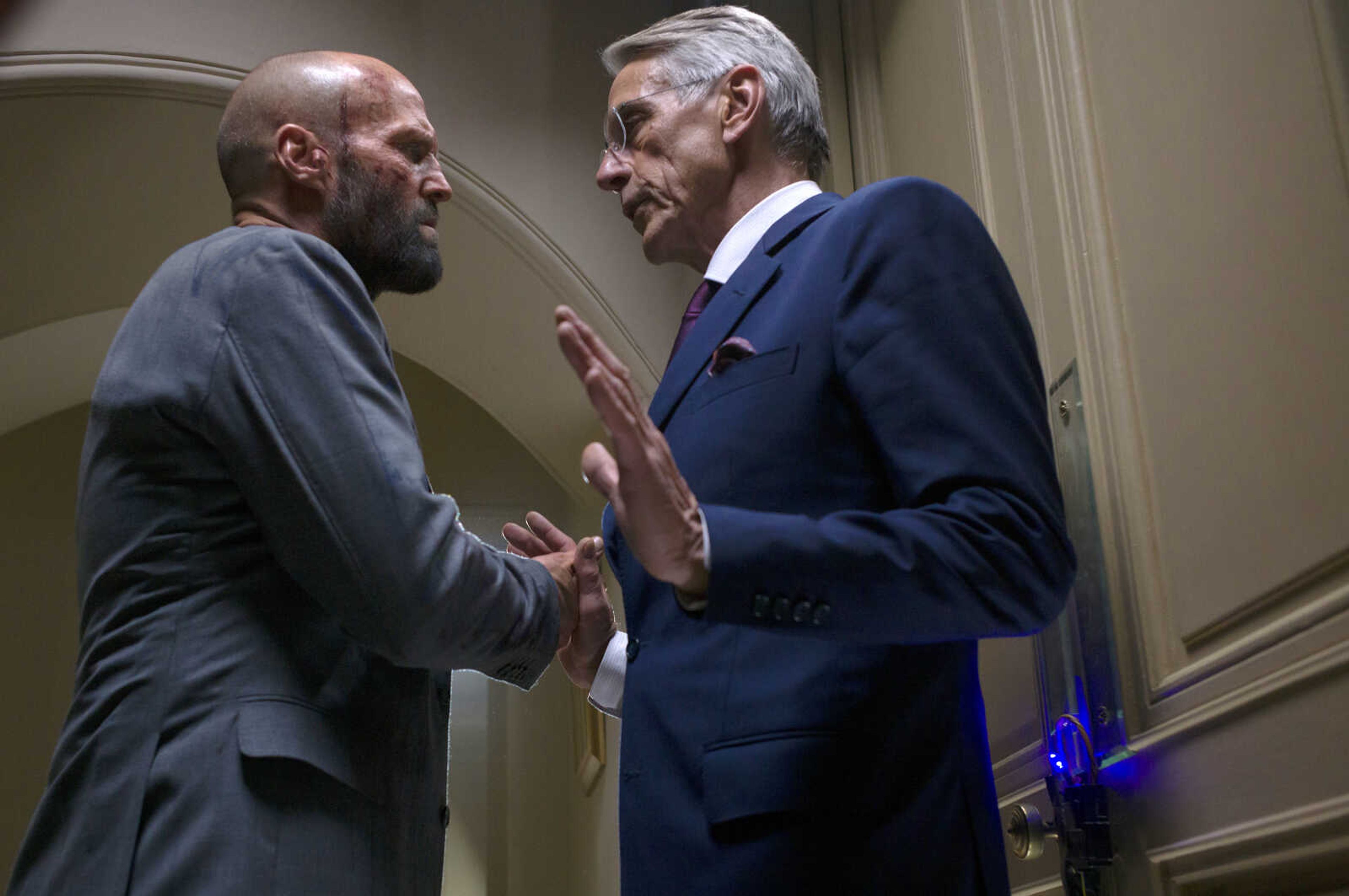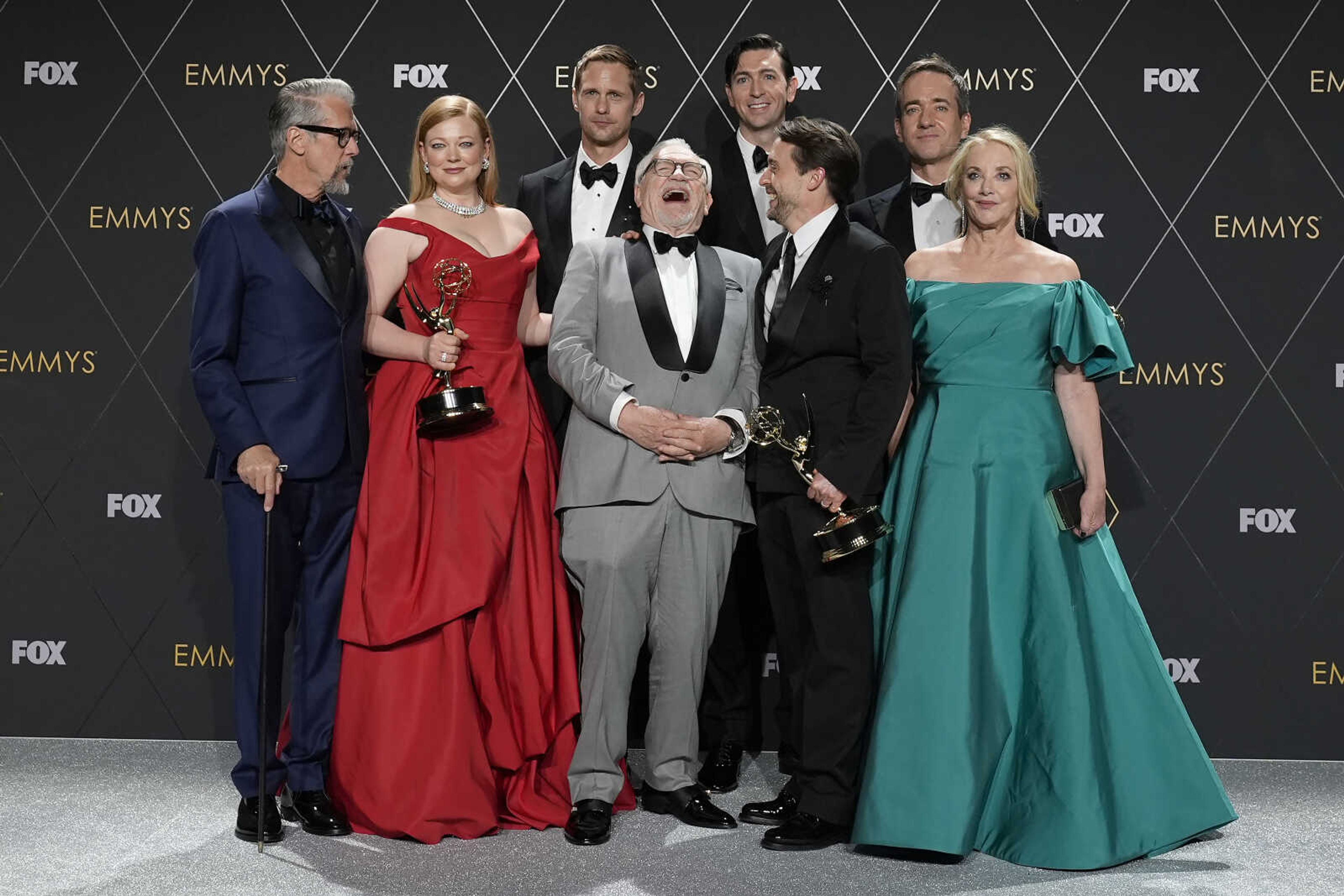The looting of civilization
When looters stripped the Iraq National Museum of everything moveable last week and left behind mostly broken pottery and statues, the world may have lost irreplaceable Akkadian and Assyrian antiquities that tell the story of the cradle of civilization. Among the possible losses are the tablets bearing the Code of Hammurabi, one of the first known system of laws, and artifacts from Ur, the birthplace of Abraham, a seminal figure in Judaism, Islam and Christianity...
When looters stripped the Iraq National Museum of everything moveable last week and left behind mostly broken pottery and statues, the world may have lost irreplaceable Akkadian and Assyrian antiquities that tell the story of the cradle of civilization. Among the possible losses are the tablets bearing the Code of Hammurabi, one of the first known system of laws, and artifacts from Ur, the birthplace of Abraham, a seminal figure in Judaism, Islam and Christianity.
The cultural loss is difficult to exaggerate.
"It's on the scale of losing the Elgin Marbles or the Acropolis," said Dr. Laura MacCaskey, an art historian at Southeast Missouri State University. She referred to the friezes from the Parthenon now residing in the British Museum and to the "Sacred Rock" of temples that sits above Athens.
"This is a culture that developed the cuneiform and the first written languages.," MacCaskey said. "It's beyond sorrowful."
Dr. Imad Khamis is an Iraqi who teaches in the math department at Southeast. He left Iraq 12 years ago. He called the looting of Iraq's cultural treasures "too sad... You cannot lose those kinds of things," he said. "That is the civilization, the history.
"... That belongs to the people. That is very valuable. You cannot sell it."
He hopes the borders will be closed tightly to keep the artifacts from leaving. If they do leave Iraq, the other countries in the world should be responsible for returning them once they are discovered, Khamis said.
Iraqis can live awhile without food and even water, he said, but not without the cultural heritage that has been looted.
"If there is no civilization, there is no substitute for that," he said.
Dr. Harold Oh, now a professor of religion at Southeast, was in the oil business when he visited Iraq three times prior to the first Persian Gulf War. "Things were very tense," he said. "It was a very secretive society. People couldn't breathe."
When troops secured the oil ministry in Baghdad but not the National Museum, U.S. priorities were obvious, he said. "It was a chaotic situation. Oil was the major asset they wanted to guard. The cultural assets surely came as an afterthought."
The U.S. has been condemned for allowing the looting to occur and now has made moves to stop it. U.S. Brig. Gen. Vincent Brooks of the U.S. Central Command told the Associated Press, "I don't think anyone anticipated that the riches of Iraq would be looted by the people of Iraq."
The National Museum was closed during the first Persian Gulf War and remained shut during the 1990s. It reopened in 2000.
Before the war began, University Museum director Stanley Grand said, scholarly committees recommended to the president certain targets that should be avoided. The National Museum was among them. But this is hardly the first time a country's treasures have been pillaged and lost during war, he pointed out.
"It is one of the regrettable side effects," Grand said, "a different kind of collateral damage."
The Iraq National Library and the nation's principal Islamic library also have been ransacked and looted.
In the Bible, Ur is called Ur of the Chaldees. It was one of the world's first cities.
"I assume there were a lot of artifacts from Ur in that museum," Oh said. "They should be very valuable. "
Among the artifacts from Ur reported taken were the Ram in the Thicket, a deity statue dating from 2600 B.C., and many items found in the graves of royalty from the same period.
Iraq has more than 10,000 archaeological sites. The destruction in the museum includes records from those sites.
The U.N. Educational, Scientific and Cultural Organization, based in Paris, held a meeting Thursday to make an accounting of the missing artifacts. UNESCO is asking art dealers, police and customs officials to stop the stolen antiquities from being sold.
MacCaskey and Grand think the artifacts eventually will show up on the black market. "In the history of humanity, things have disappeared for hundreds of years as a result of wars and governments, and then they resurface," Grand said.
"... Wait two weeks and things will appear on eBay."
MacCaskey said everything in the museum should be traceable. "I hope if it's people in Iraq they will return them to their own heritage," she said. "But I suspect whoever took these things knew exactly what they were doing."
335-6611, extension 182
Connect with the Southeast Missourian Newsroom:
For corrections to this story or other insights for the editor, click here. To submit a letter to the editor, click here. To learn about the Southeast Missourian’s AI Policy, click here.









